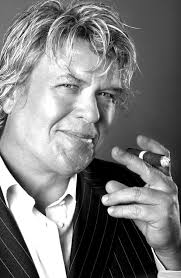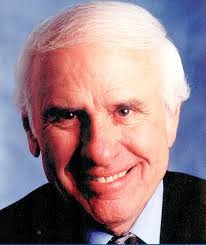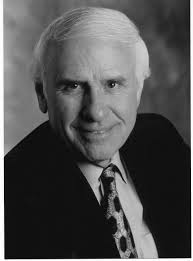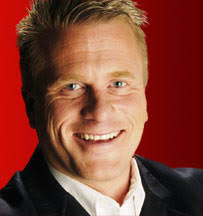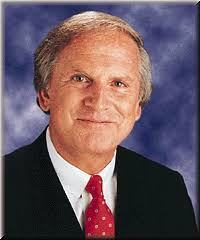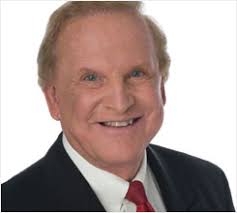By Miata Edoga
As a small business owner, your goal is to be successful. The first step toward
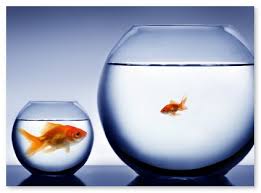
that success is to make sure you always treat your business like it's a business. Here's how you should do that when it comes to finances.
The first step is to consider how a big company runs and to try to emulate as much of those practices as possible. All big businesses have business bank accounts and corporate credit cards that allow them to easily track their sales and expenses and, in turn, their profits.
Think for a moment. Are you following this practice? If you don't have a separate bank account and credit card for your business, you're making the mistake of treating your business as a hobby. Unless you happen to be an accountant, it may be a little overwhelming to think in these terms at first. But taking a few easy steps can make this process fall into place. To be sure, this step is absolutely imperative to your success as a small business owner.
Let's start with thinking about how a CEO handles business-related expenses. He or she doesn't charge corporate printing supplies, for example, to his or her personal account-and neither should you! (This is one of the easiest traps for network marketers and home-based entrepreneurs to fall into.) Using a separate bank account for your business makes it impossible for your personal and business expenses to get confused. It also makes record-keeping easier.
Once you set up the business account, make sure that all personal earnings (wages from a "day job" if you have one, alimony, financial gifts, etc.) are always placed in your personal account. Nothing but business earnings should be deposited into your business bank account. You should also be sure to keep personal expenses (rent, clothes, groceries, vacations etc.) and business expenses (salaries, equipment, supplies, etc.) separate, strictly paying for personal expenses out of personal accounts and business expenses out of business bank accounts.
Setting up a new bank account isn't particularly hard but it may take some time to shift your way of thinking. If you're just getting started, you may be worrying that you're not yet at the point where you are profitable enough to pay for all your business expenses. If this is the case, make your business a loan from your personal account. Keep a record of these loans and then allow your business to reimburse you when it becomes profitable.
Just having a business bank account is a great start, but it's not enough. It is also necessary to have a separate credit card for your company. The same protocol goes for the business card: personal purchases should be charged to your personal credit card and business expenses on your business card. Remember that the interest is tax deductible if you carry a balance on your business credit card. Having even one personal expense on the business card disallows this benefit.
Sometimes there are expenses that fall into both categories-a portion is personal and the rest is business. This is particularly true if you work from home or if you use your automobile for business travel. Paying for these items from your personal account is the best way to handle these expenses. Always remember to keep very clear records, though. Keep a log handy in your car to track your business mileage. File your household bills (mortgage/rent, utilities, phone, etc.) together so you can easily access them at tax time. At that point, you can determine what percentage you are allowed to write off as a business expense.
Here are three reasons why these practices will help you be a success:
1. If you want to earn income from your business, you must treat it as a business at all times in both practice and attitude.
2. If you don't keep clear and separate records, the IRS may classify your business as a hobby if you're audited. As a result, you could lose tax deductions and possibly even be penalized.
3. By following these practices, you can easily track your progress, discover any changes you need to make and determine when you've become profitable.
Remember, in addition to treating your business like a business, entrepreneurial success rests on believing in yourself. Be confident in your ability to be a success. By following these tricks of the trade, you are acting like a professional and believing in your own success.
Miata Edoga is the President & Founder of Abundance Bound, Inc., creating success for small business owners, network marketers and solo entrepreneurs. Their mission is to provide the financial knowledge and skills entrepreneurs need to build lasting, stable and profitable businesses. They employ innovative and inspiring methods to share this information, while making sure the learning is practical and action based - creating measurable results. Get your FREE audio download, The Power of Prosperity, with simple strategies guiding small business owners to a rock solid financial foundation at: http://www.AbundanceBoundSystem.com









